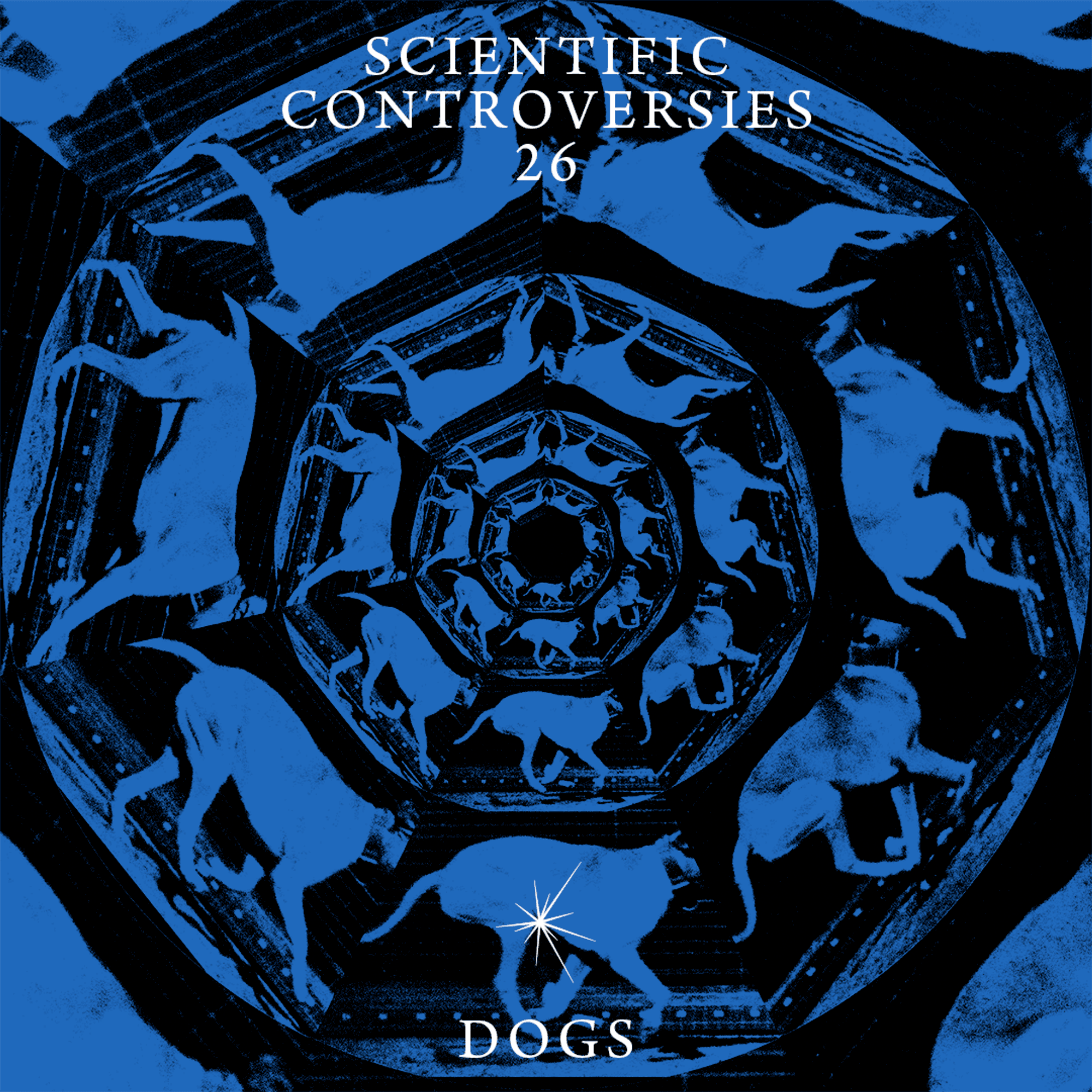
Scientific Controversies No. 26: Dogs
Please note: while we love your furry friends, we kindly ask that you leave non-service dogs at home for this event.
Hosted by PW Director of Sciences Janna Levin, our Scientific Controversies series brings creative minds together to celebrate the passionate spirit of scientific curiosity. View Series
Join our Director of Sciences, Janna Levin, as she hosts experts Brian Hare and Alexandra Horowitz in a discussion of the latest scientific research into dogs’ cognition, perception, and behavior, research that could profoundly transform our lives with our beloved canine companions.
“We are dog-human. And the magic is in that hyphen between us,” writes dog researcher and one of our guests Alexandra Horowitz. How we love our dogs! How they love us! When the domestication of wolves in packs coexisting near human tribes began at least 10,000 years ago, the evolutionary course of both species was profoundly altered. We became dog-humans.
As a society, our dog-human bond suffers many contradictions. We sense their animalism, but we anthropomorphize them. We endow them with agency, but give them the legal status of property. We treasure them, but abandon them. We bond with them as individuals, but breed them to serve or please us. Yet dogs have minds of their own and a conscious awareness of the world we probably cannot ever fully comprehend.
Join our Director of Sciences, Janna Levin, as she hosts experts Brian Hare and Alexandra Horowitz in a discussion of the latest scientific research into dogs’ cognition, perception, and behavior, research that could profoundly transform our lives with our beloved canine companions.
Join us after the conversation for star gazing in the garden with the Amateur Astronomers Association of New York, enjoy tacos from the Kimchi Taco Truck, and meet canine service dogs and their handlers from Canine Companions.
About the Guests
Brian Hare is the Chair of the Evolutionary Anthropology Department at Duke University and a member of the Center for Cognitive Neuroscience. He received his Ph.D. from Harvard University, founded the Duke Canine Cognition Center and the Duke Puppy Kindergarten. Hare has co-authored three academic books and published over 100 scientific papers in journals including Science, Nature, and PNAS. Dr. Hare's book The Genius of Dogs, written with his wife Vanessa Woods, is a New York Times Bestseller and together they founded the citizen science company Dognition.com that has helped tens of thousands of dogs be better understood by their human families. His new book Survival of the Friendliest was published in 2020 by Penguin Random House.
Alexandra Horowitz heads the Dog Cognition Lab at Barnard College, Columbia University, where she also teaches seminars in canine cognition, creative nonfiction writing, and audio storytelling. She has long been interested in understanding the umwelt of another animal, and her research and writing is aimed to answer the question of what it is like to be a dog. She has written five books, including Inside of a Dog: What Dogs See, Smell, and Know, a New York Times bestseller, Being a Dog: Following the Dog into a World of Smell, Our Dogs, Ourselves: The Story of a Singular Bond, and, most recently, The Year of the Puppy.
About the Host
Janna Levin is the Pioneer Works Director of Sciences and the editor-in-chief of Pioneer Works Broadcast. She is also the Claire Tow Professor of physics and astronomy at Barnard College of Columbia University. A Guggenheim Fellow, Janna has contributed to an understanding of black holes and cosmology. She is the presenter of the NOVA feature Black Hole Apocalypse, aired on PBS—the first female presenter for NOVA in 35 years. She is the author of four books, one of which won a PEN prize for a first work of fiction. Her latest book is Black Hole Survival Guide.
Scientific Controversies is supported by Science Sandbox, a Simons Foundation initiative dedicated to engaging everyone with the process of science, and the Alfred P. Sloan Foundation Program in Public Understanding of Science and Technology, bridging the two cultures of science and the arts.